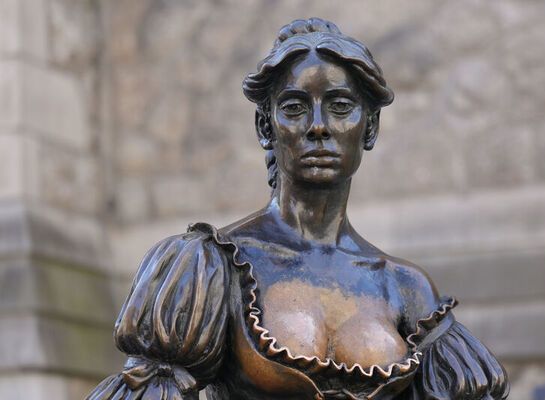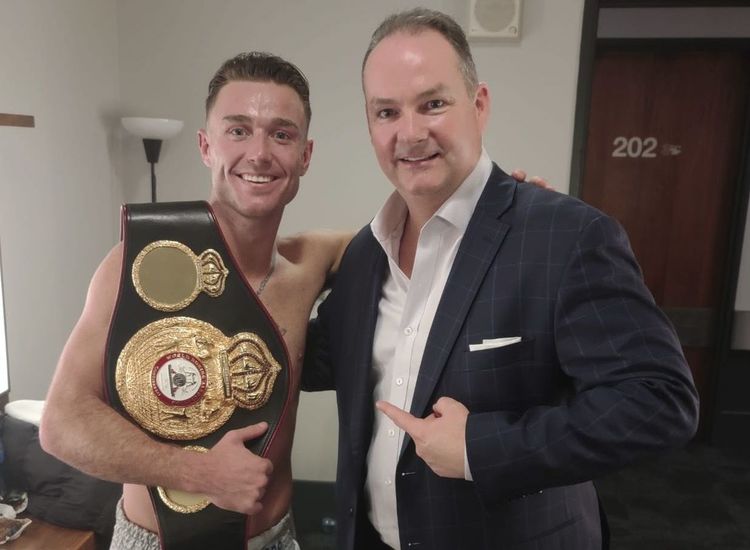[caption id="attachment_70372" align="aligncenter" width="600" caption="Ryan Meara's baseball-crazy family thinks it's funny he plays soccer."]
Twenty-four hours after Tim Howard's Everton defeated Brad Friedel's Tottenham Hotspur at Goodison Park, the player tipped to be the next great American goalkeeper made his debut in Major League Soccer. At 21 years old and six feet four inches, Ryan Meara was one of the brighter spots in the New York Red Bulls' 2-1 loss to FC Dallas in the first game of the new campaign. However, the most interesting thing about Meara's emergence is that he is eligible to play for Ireland through the grandparent rule. And, even before distinguishing himself against Dallas with several point-blank saves, he has reportedly popped up on Noel King's radar at the FAI.
Aside from being a sign that the association is following through on its intention to scout the diaspora more widely, Meara's potential underlines the growing belief that the United States is one of the market leaders when it comes to producing goalkeepers. There have been weekends in the current Premier League season when three teams had Americans starting in between the posts. Brad Guzan filled in more than adequately for Shay Given during his spell out through injury and Howard is actually understudied by another compatriot, Marcus Hahnemann.
"So successful have some of these players been that it is common to hear the question 'how come the U.S. produces so many good goalkeepers?'" wrote Bobby McMahon, the leading pundit on America's Fox Soccer Channel earlier this week. "A stock answer that normally brings nods of agreement touches on how American children play baseball, [American] football and basketball and that helps to develop hand-eye coordination. The answer is of course patent nonsense. Hand-eye coordination is central to almost every sport and to suggest that the rest of the world's youth does not participate in other sports is, of course, ridiculous. A more relevant question is why doesn't the U.S. produce more world class outfield soccer players but that is a discussion for another day."
Whatever the perceived advantages enjoyed by American goalies, the impact of the current quartet and before them the trailblazer Kasey Keller back in the nineties has made life easier for prospects such as Meara. Indeed, the rising stock of keepers from these parts means English clubs regularly scout across the Atlantic and, at just 16, Meara was invited to train with Reading, then home of Hahnemann.
By that stage in his development, he'd been forced to choose between soccer and his other love, baseball. A talented third baseman on the diamond, his decision to put the webbed glove away was complicated by the fact the family are steeped in America's game. Several uncles had minor league careers and one of his great grandfathers having played for the New York Yankees back in the day.
"My family thinks it's funny I play soccer," said Meara. "My family on my dad's side is all diehard baseball, a real baseball family. I know my great-granddad played a couple of games way back and I asked my dad about it. He either got sick or hurt, and since they weren't making much money back then, he was a young guy who had to take care of his family. Now, he'd probably try and rehab; then, it probably wasn't worth it."
Meara who is ribbed by team-mates for being a Larry Bird-lookalike, grew up in Yonkers, just outside New York city. In an era when the best and brightest talents in the country move to the USSF's academy in Florida in their mid-teens, he was more of a slow-burner so he remained outside the national team's system and ended up playing for four years at Fordham University. From there he was drafted by the Red Bulls and now coach Hans Backe has given him the opportunity to make a real name for himself.
"First off, being a rookie in preseason I just want to make a good impression," said Meara earlier in the campaign. "To continue to get better each day. And eventually down the line, I want to be a starter in the MLS. That's my goal for the next couple years. At some point down the road, if I do really well here, I may want to try out in England or in one of the leagues in Europe. Ultimately, my goal is to help the team win games."
In the past, spending time in the college game has been held against American-born players, being regarded as evidence they missed out on vital formative years in the pro set-up. If the likes of Clint Dempsey, Friedel, Hahnemann and Guzan have proven this to be a fallacy, Meara may also benefit from the improving international image of the MLS. Even before Robbie Keane, Landon Donovan and Thierry Henry did wonders for the perception of the league with their impressive loan spells in England this past winter, Howard and his cohorts had demonstrated it can be the perfect springboard from which to launch a career.
At a time when United States' manager Jurgen Klinsmann has brazenly recruited several German-born footballers to bolster the senior squad, Ireland wouldn't be the first country to try to pluck somebody from the American goalkeeping tree. Mexico won the World U-17 Cup with Ricardo Sanchez, born in California, raised in Texas and already coveted by several Spanish clubs, between the sticks. In the 21st century, the eligibility traffic moves in both directions as the lines of nationality blur and the FAI would do well to further seek to exploit the vast Irish-American populace.
More than three decades ago, Alan Kelly Sr., the 1960s Ireland goalkeeper who managed his country for one match, emigrated to America where as a coach in Maryland and the DC area he contributed massively to the development of the game there. Should Meara, who was signed to a gloves endorsement deal just the other week, turn into the genuine article and one day end up succeeding Shay Given, we can just think of it as the United States returning a favor.








